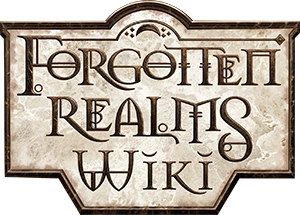The idea that a character has to trade in one form of personal power (XP) to gain another form of power (magic items) honestly made a lot of sense. It explained why magic items aren't all over the place.
But xp is simply clunky as a mechanic, especially as many groups use milestone leveling now and don't really go with xp.
The problem with all crafting since then is its hard to balance making rules that players will want to use but ensure rules that a world wouldn't abuse. If magic items just cost gold and time (and the time is not excessive), it would seem strange not to quickly have magic items everywhere after a few generations. Being able to convert gold directly into power would be a very interesting action for anyone of means.
I think my perfect blend of crafting would go back to 4e's residdum concept but with a new twist.
You don't make magic items with gold, you make it with essence. Essence is gotten from killing certain monsters of power, special ingredients, etc. Its not something that is commonly bought or sold.
Essence keeps magic item creation simple. You don't have to track if you need a green dragon fang or a giant hornet's tail, its all simplified with "essence". But essence keeps magic crafting more controllable. The DM can choose to give the players essence for killing a certain monster as an alternate form of treasure. Players "might" encounter a dealer that can get them a certain amount of essence, but that would be suitably rare (and likely the dealer would only have so much, players that want to craft legendary items are not going to buy their way to the essence no matter how much money they have acquired). Because players are often in the monster hunting and finding lost weird stuff, it explains why they might have access to way more crafting ingredients than Wardo the Wizard who just lives in town. and so players can craft a decent amount, but it explains why they remain an exception to the rule rather than the norm.



